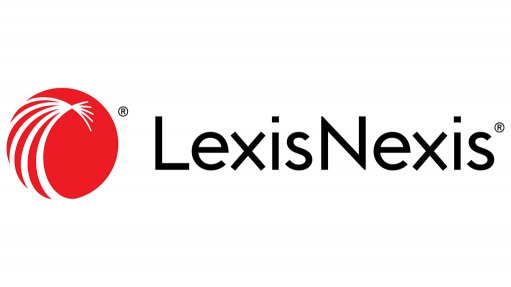
Compliance and Chief Risk Officers (CROs) worldwide face many of the same challenges and these have been further highlighted with the advent of the Covid-19 pandemic. Common challenges faced include leadership buy-in to the processes required for risk management, a lack of integration between risk management and strategy or performance monitoring and evaluation, and the fact that many organisations still consider risk management a tick-the-box compliance activity, without embedding the function within all aspects of the business culture.
While these have always been hurdles for CROs, the pandemic and the risk it has posed to business continuity, have highlighted the need for these professionals to have a key role in organisational planning and processes. Where previously leadership may have felt that the mere appointment of a professional into the compliance role was sufficient, there is increased awareness as to the importance of this key role in organisations today.
As a result of Covid-19, the role of the CRO has been elevated to some degree. The pandemic has alerted business to the importance of risk planning and leadership are working with CROs to formulate risk assessed strategies. Strategic plans and budgets have been revised to consider the needs for enhanced safety protocols and systems, with CROs integrated into decision making committees. For many CRO’s this has meant a place and a voice at the executive’s table.
Addressing business continuity management, while having a comprehensive assessment of risks is key. CROs need to ensure that they dot every “I”, cross every “t” and leave no stone unturned in developing their risk profiles. Keeping abreast of regulatory updates and changes and assessing business risks as a result of the pandemic, compounded by standard regulatory updates such as the enactment of the POPI Act and day-to-day business operation is a mammoth and labour-intensive task.
On the flip side, CRO’s also need to be aware of and honest with regard to their current skill set, staff capabilities and capacity as well as any shortcomings they – or their team - may have that could negatively impact the organisation or business they work for. Being transparent, sourcing solutions such as access to online tools that could fill the gap created by this skill or resource shortage and proposing workable strategies, will improve their standing within their company and garner further support.
CROs will need to advocate for their personal upskilling and for that of their team members, or for access to tools that simplify or automate processes, providing regular (at least weekly) reports that create corporate intelligence, showcasing strategic compliance areas and highlight vulnerabilities to management for decision making and direction taking. This will empower teams and boost confidence, while providing key business support to the executive structure and influencing positive change.
To find out more about comprehensive reputation protection or request a demo, click here.
Written by Bosman Stramrood, General Manager: Lexis® GRC at LexisNexis